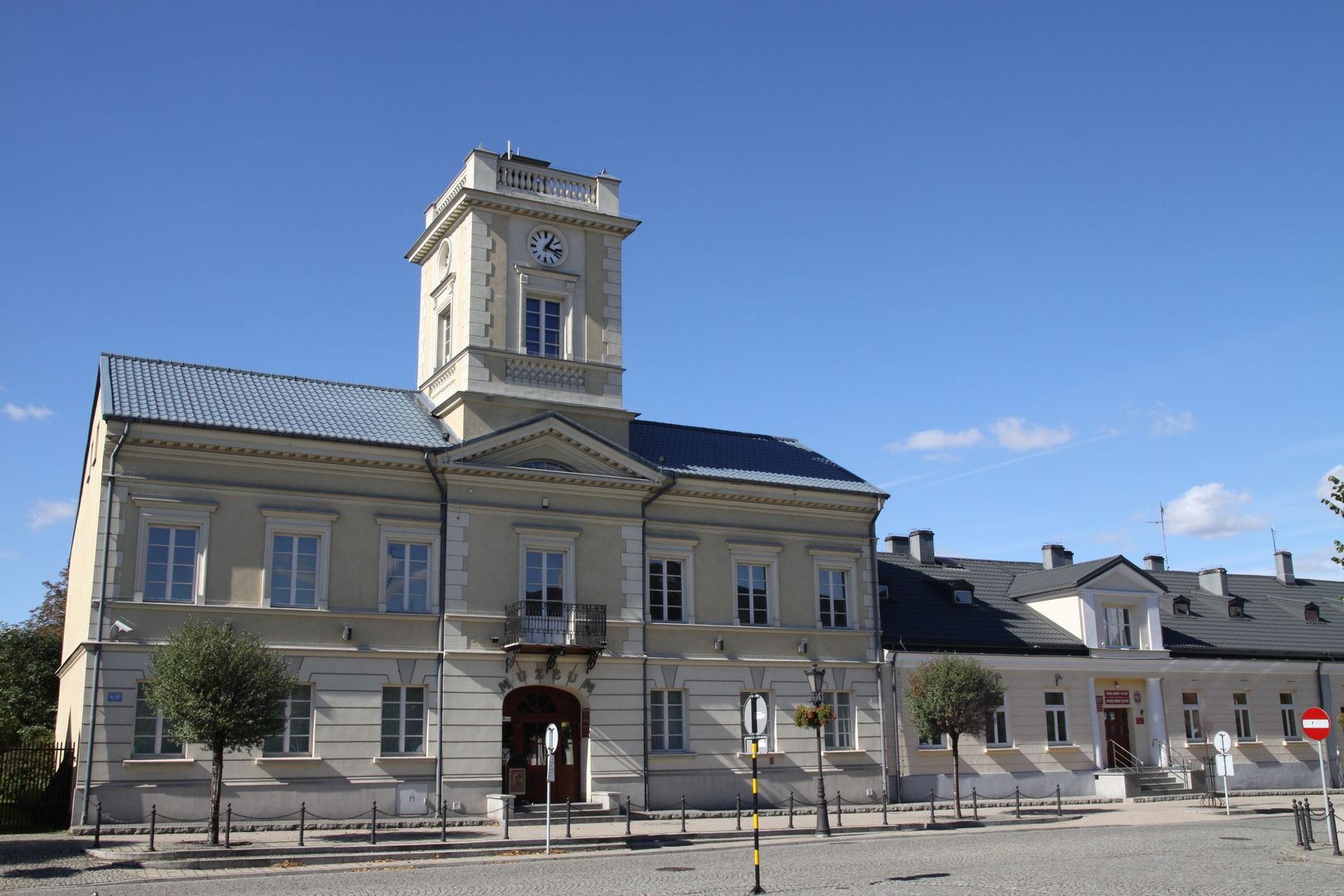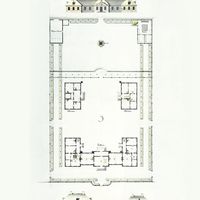Kutno
7.78

Overview
Kutno is a city in central Poland, located in the Łódź Voivodeship. Its history dates back to the 12th century, when the first settlement was likely established. Kutno boasts a rich architectural heritage, including the Town Hall, which now houses the Regional Museum, and the Saxon Palace, known for its association with Napoleon Bonaparte’s stops in the city. Another significant site is the Museum of the Battle of the Bzura, which commemorates the events of September 1939. The city retains many traces of its medieval layout, and the current tenement houses on Królewska Street mostly date back to the 19th century. Kutno is transforming into a dynamic cultural hub, hosting numerous events such as the Rose Festival, the Szalom Asz Festival, and the Golden Mean of Poetry. Literary figures like Szalom Asz, who set his works against the backdrop of Kutno, stand out in the city’s history. Kutno is also an important sports center, particularly in baseball, with the European Little League Baseball Center and the Municipal Stadium. The city has a well-developed transportation network, including two national roads and a railway station, making it a significant transport hub. It is also known for its culinary traditions, such as annual rose-themed events, and its culture is deeply rooted in memories of the internment camp for Jews during World War II and the events of the Battle of the Bzura. Honorary Citizens of Kutno include Edward Piszek and Antoni Troczewski, who left their mark on the city through their contributions.
Location
You can also find here:
2025 Wizytor | All Rights Reserved

